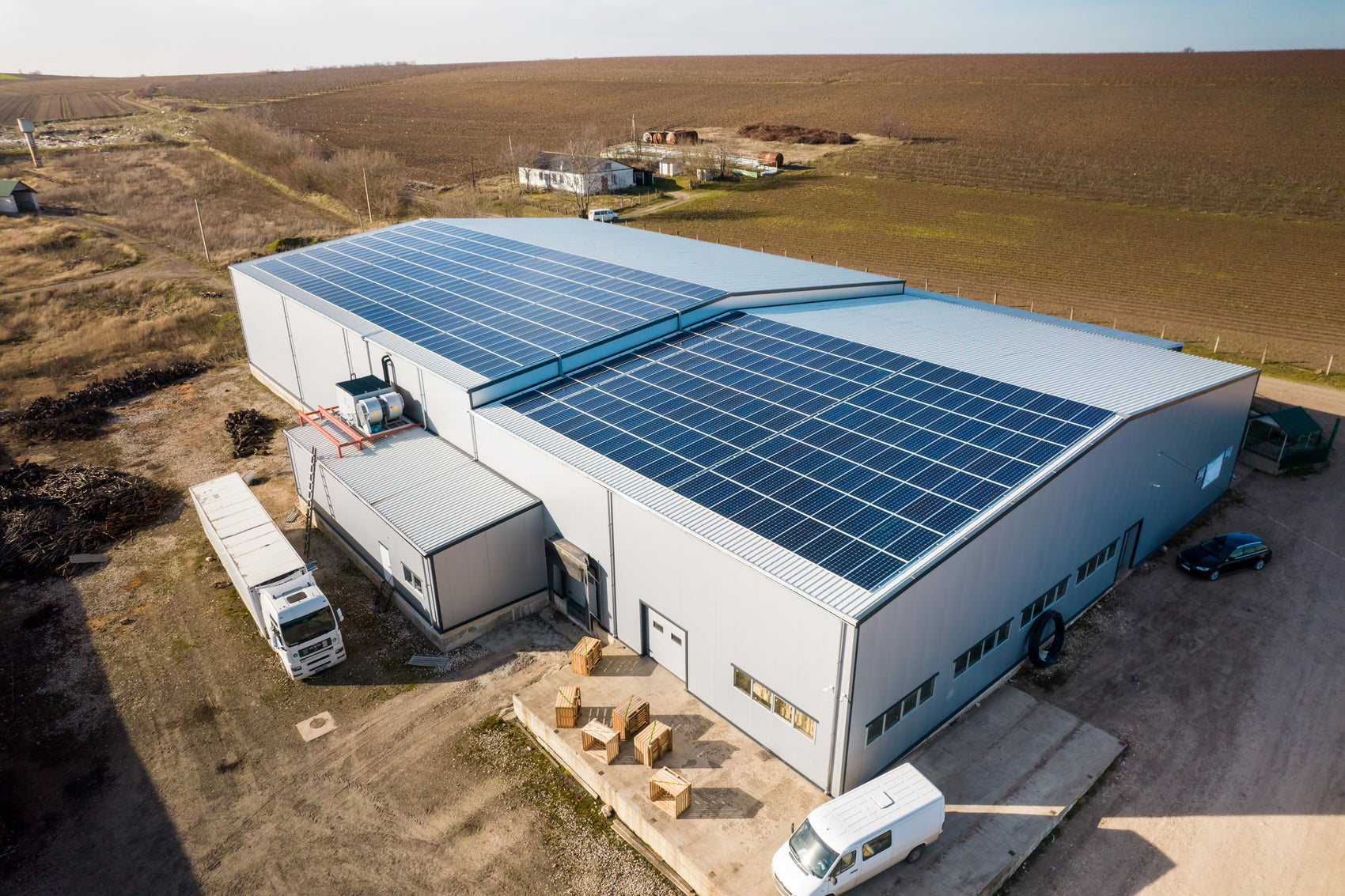Solar energy has emerged as a beacon of sustainability and cost-efficiency globally, presenting numerous benefits for households. However, in the context of South Africa, where sunlight is abundant and renewable energy sources are increasingly sought after, it's important to acknowledge that solar energy isn't without its drawbacks. Despite its many advantages, several challenges and disadvantages persist, particularly concerning its implementation in South African homes.
The Demerits of Solar Energy in South Africa
While installing solar energy in your South African home is beneficial, there are a few drawbacks that are associated with this investment, and among them include:
1. Initial Installation Costs
One of the primary barriers to solar adoption for South African households is the substantial upfront cost of installing solar panels and related equipment. While the prices have decreased over time, the initial investment can still be prohibitive for many homeowners, especially those from lower-income brackets. Although there are incentives and rebates available, they might not entirely alleviate the financial burden, deterring some individuals from embracing solar power.
2. Intermittency and Weather Dependency
While South Africa enjoys abundant sunshine for the most part, solar energy generation is inherently dependent on weather conditions. Cloud cover, rainy seasons, or even dust accumulation on panels can significantly reduce their efficiency. This intermittency poses a challenge, especially during periods of prolonged overcast weather or in regions where sunlight might not be as consistent, impacting the consistent generation of solar power.
3. Energy Storage Limitations
The storage of solar energy is crucial for households to have a consistent power supply beyond daylight hours. However, storage solutions like batteries add an additional cost to the system. Moreover, while advancements in storage technology have improved, the capacity and efficiency of batteries remain a limitation. This can lead to constraints in storing excess energy generated during peak sunlight hours for use during the evenings or in cases of high energy demand.
4. Space Requirements
Effective utilisation of solar power often necessitates a significant area for panel installation. Not all households might have the requisite roof space or land area to accommodate the number of panels needed to meet their energy demands adequately. This limitation can restrict the feasibility of solar power adoption for some homes, particularly in urban areas characterised by limited space availability.
5. Maintenance and Durability
Though solar panels have a long lifespan, they require regular maintenance to ensure optimal performance. Dust, debris, or potential shading from nearby structures or trees can impact efficiency. Maintenance costs, while not exorbitant, should be considered. Additionally, while panels are durable, extreme weather conditions or unforeseen damages may necessitate repairs or replacements, adding to the long-term costs.
6. Grid Dependency and Net Metering Policies
In South Africa, the majority of households remain grid-dependent, using solar power as a supplementary source rather than entirely relying on it. This dependence often involves navigating complex net metering policies that govern the interaction between solar-powered homes and the grid. Regulations and tariffs related to selling excess energy back to the grid can vary and might not always be advantageous for homeowners.
7. Technological Advancements and Evolving Standards
The rapid pace of technological advancements in solar energy introduces a potential caveat for homeowners. As newer, more efficient technologies emerge, those who have already invested in solar setups might face obsolescence or the need for costly upgrades to stay competitive in terms of energy generation and savings.
Solar Hub: Tier 1 Solar Panel Installation Company In South Africa
Solar Hub SA stands as a premier Tier 1 solar panel installation company in South Africa, offering a comprehensive range of sustainable energy solutions tailored to meet diverse needs. Renowned for their commitment to excellence, Solar Hub provides everything from all-in-one solar solutions to individual components like batteries and panels, ensuring a one-stop destination for all solar energy needs.
At the heart of their offerings lies an extensive selection of top-tier solar panels. Their panels boast cutting-edge technology and are sourced from reputable manufacturers, guaranteeing maximum efficiency and durability. Whether it's high performance or low performance solar panels, Solar Hub's range caters to various preferences and energy requirements.
Moreover, Solar Hub doesn't just limit itself to panels. They understand the importance of energy storage, especially in off-grid or backup scenarios. Their array of high-quality solar batteries is designed to store surplus energy generated during peak sunlight hours, ensuring a continuous power supply even during cloudy days or after sunset.
What sets Solar Hub apart is their commitment to providing a holistic service. They offer comprehensive all-in-one solar solutions that bundle panels, Lithium-ion batteries, inverters, and other necessary components into a seamless package. This approach not only streamlines the installation process but also guarantees optimal performance and functionality for their customers.
Furthermore, Solar Hub doesn't stop at providing top-notch products. Their installation services are a testament to their dedication to customer satisfaction. Their expert team ensures precise and efficient installation, maximising the potential of the solar system while providing guidance and support throughout the process.
In essence, Solar Hub's status as a Tier 1 solar panel installation company in South Africa is built upon their commitment to quality, innovation, and customer-centric service, making them the go-to choice for those seeking reliable and comprehensive solar solutions.
Conclusion
While solar energy offers immense promise and benefits for South African homes, it's essential to acknowledge its limitations and drawbacks. The upfront costs, intermittency, storage limitations, space requirements, maintenance needs, grid dependency, and evolving technology standards present challenges that can influence the feasibility and widespread adoption of solar power in households. Addressing these drawbacks through innovations, supportive policies, and continued research and development efforts will be pivotal in maximising the potential of solar energy for South African homes, ensuring a sustainable and energy-diverse future for the nation.

